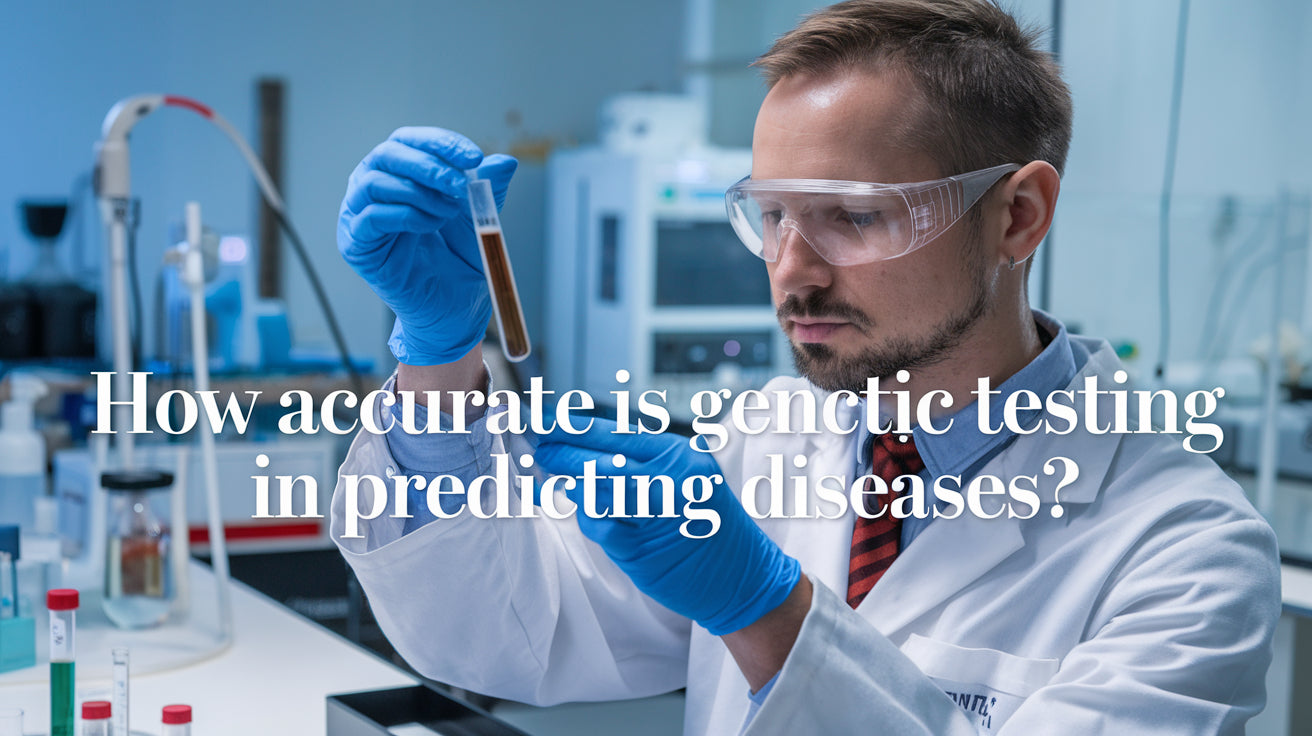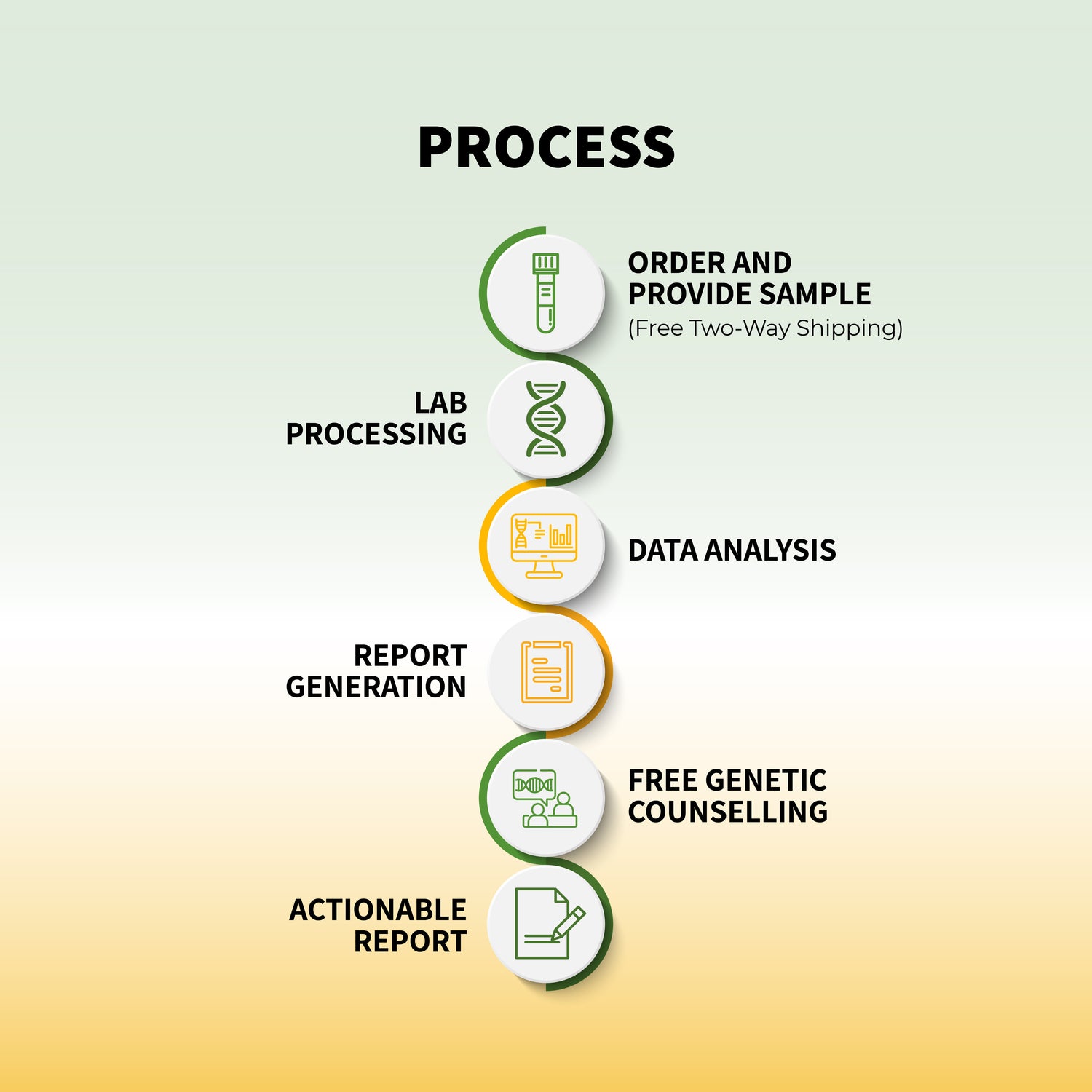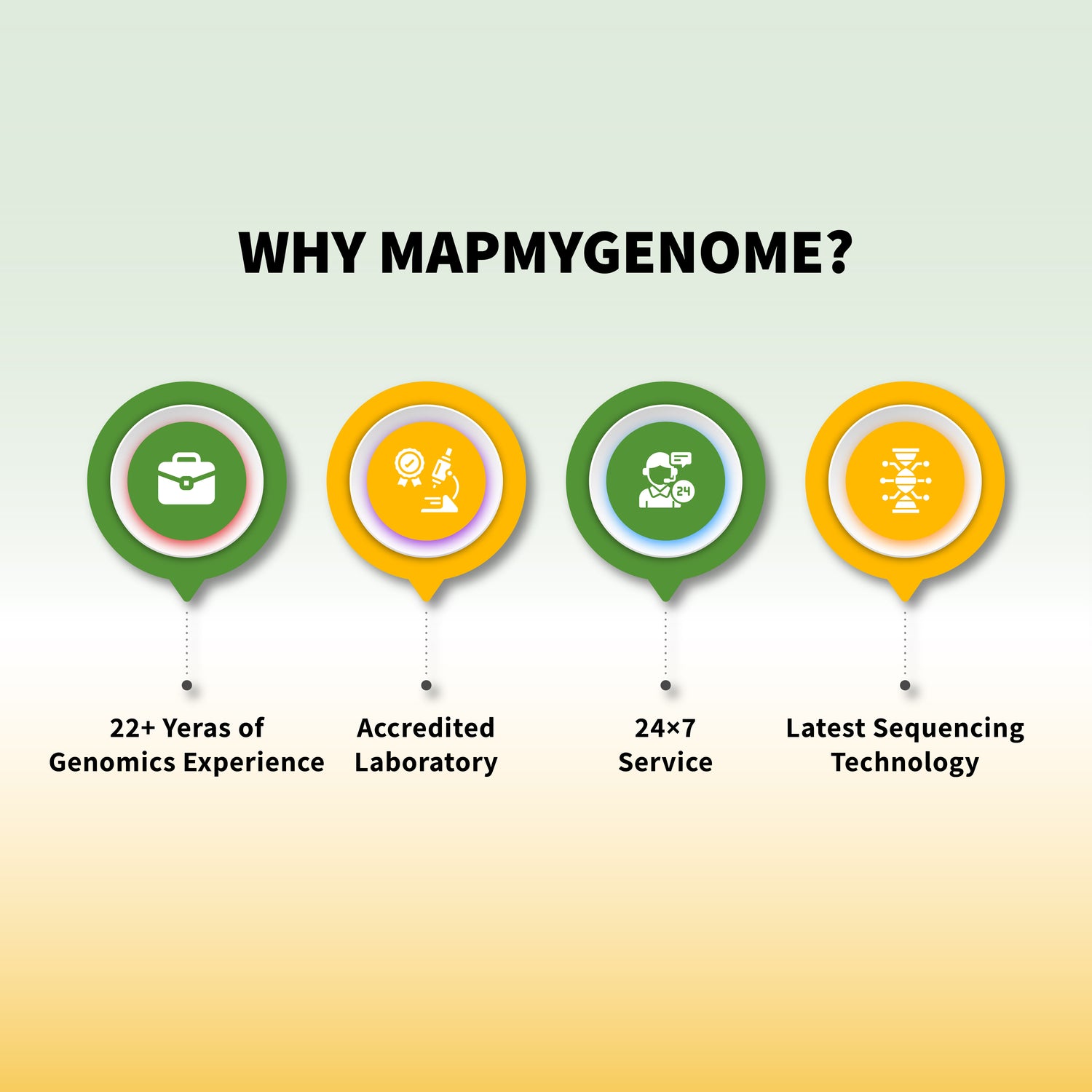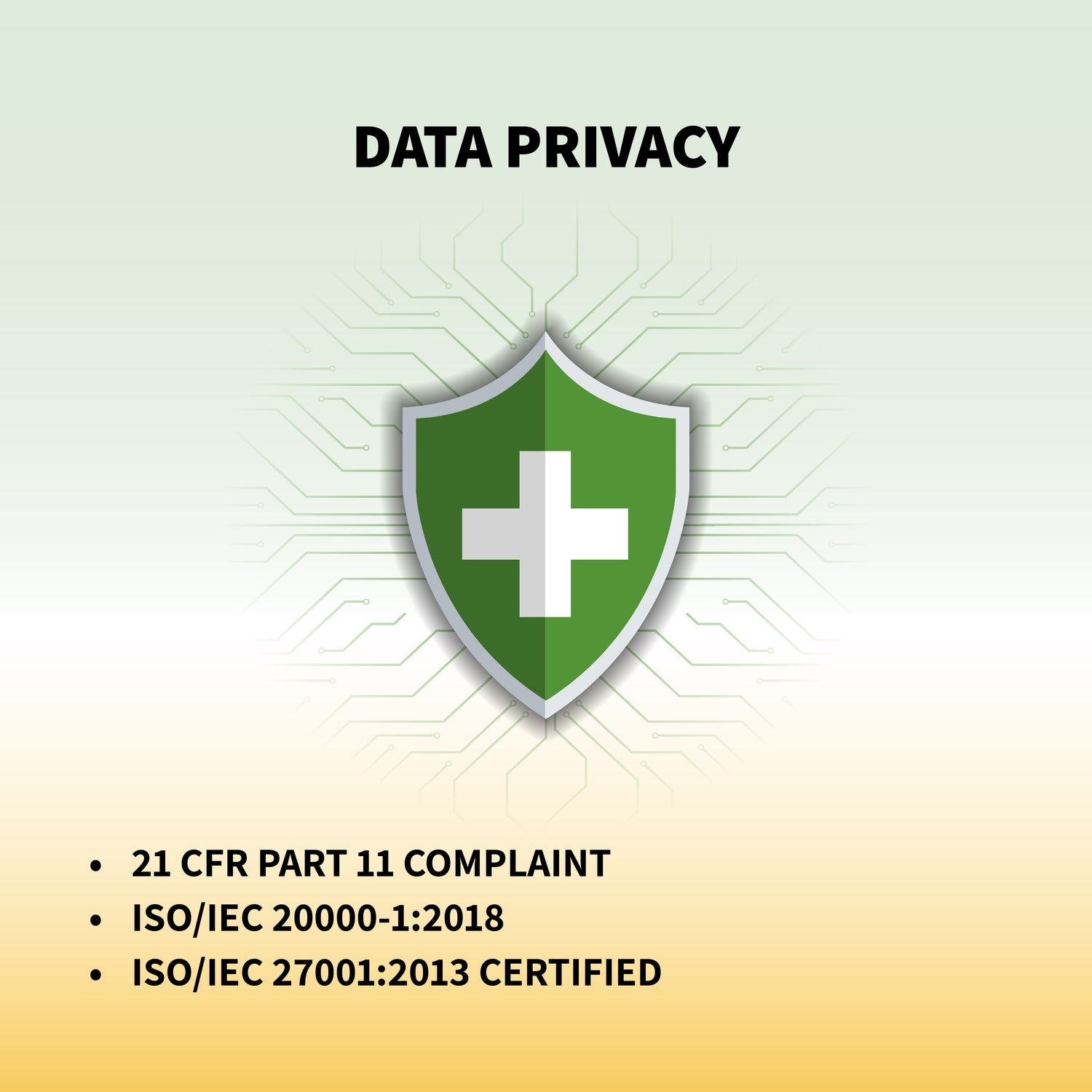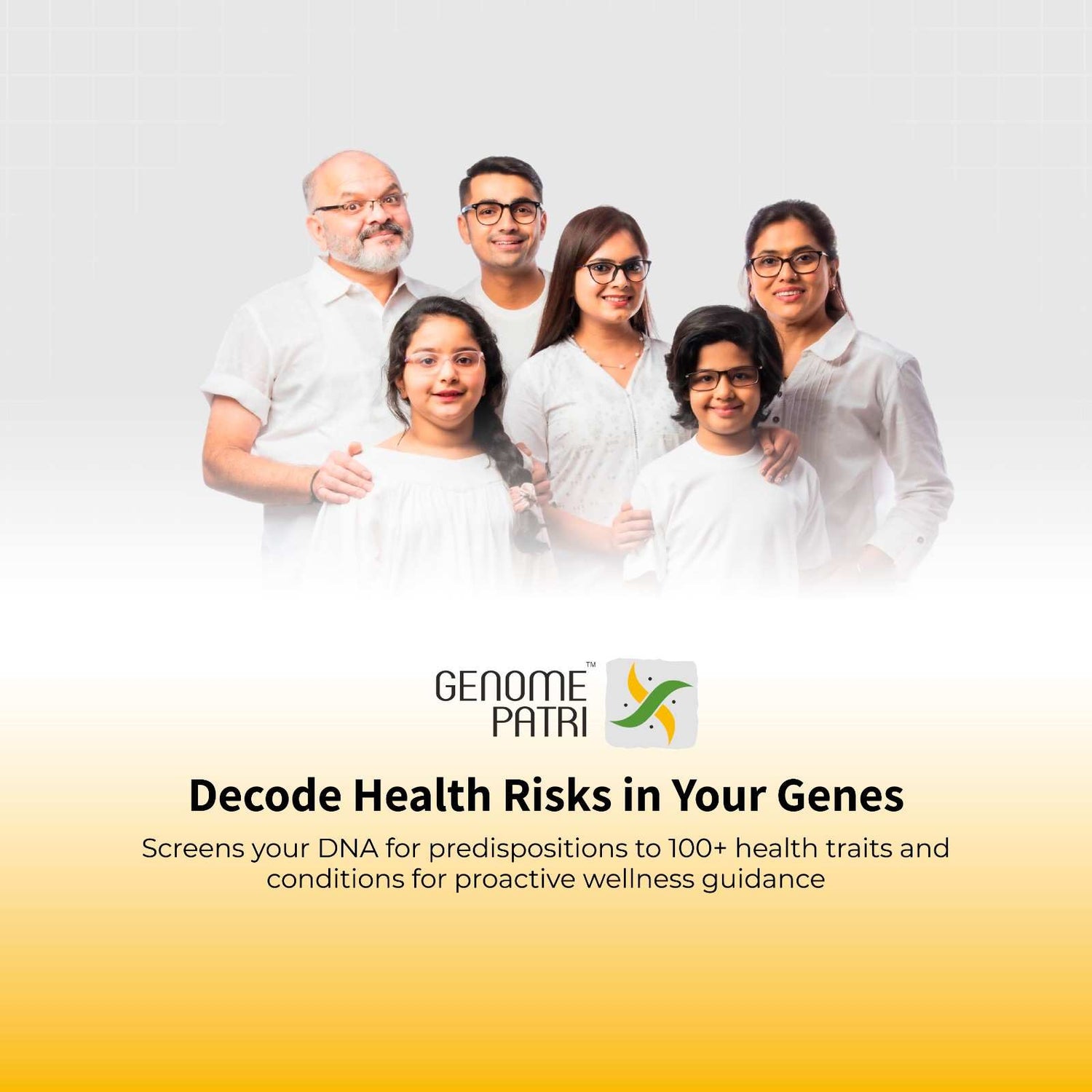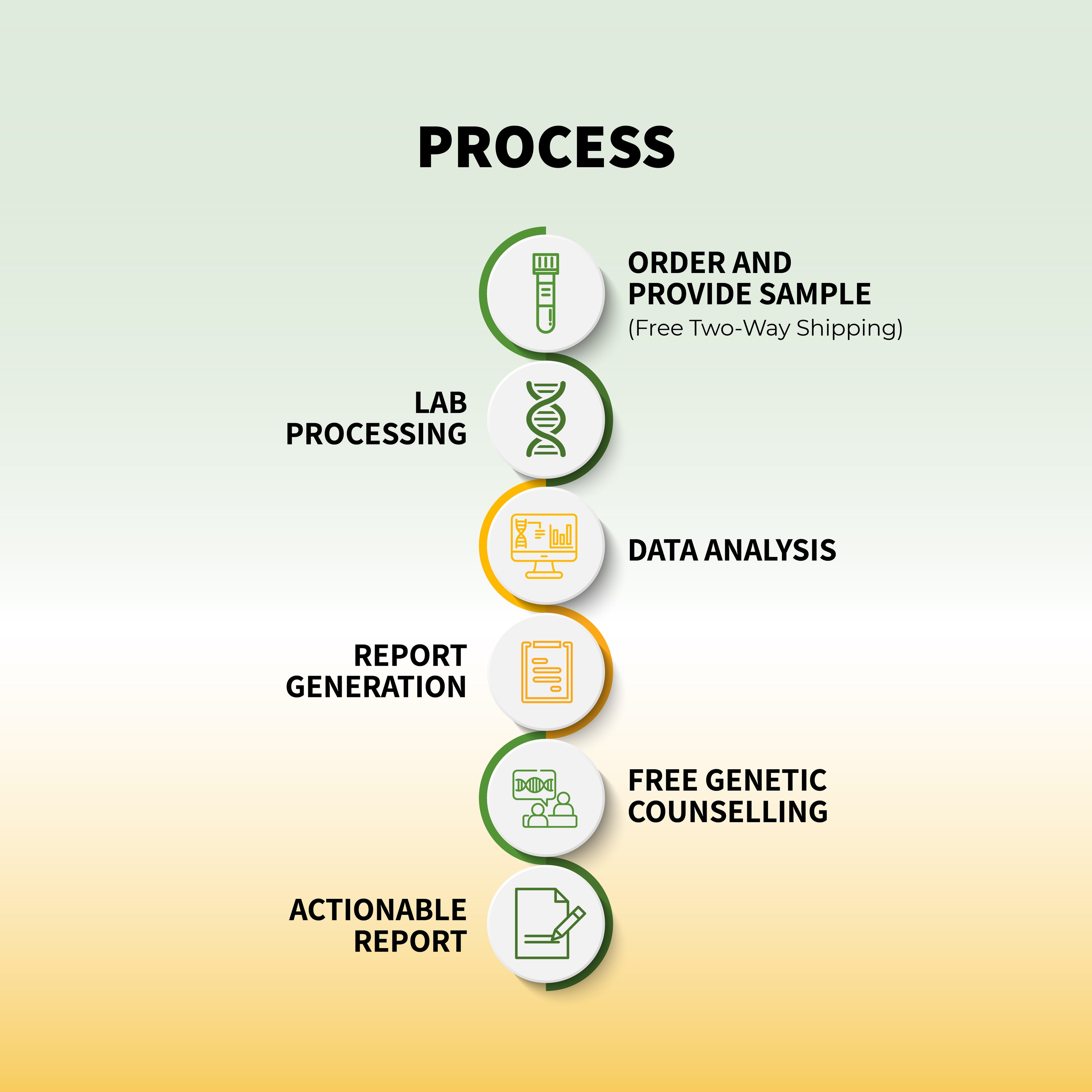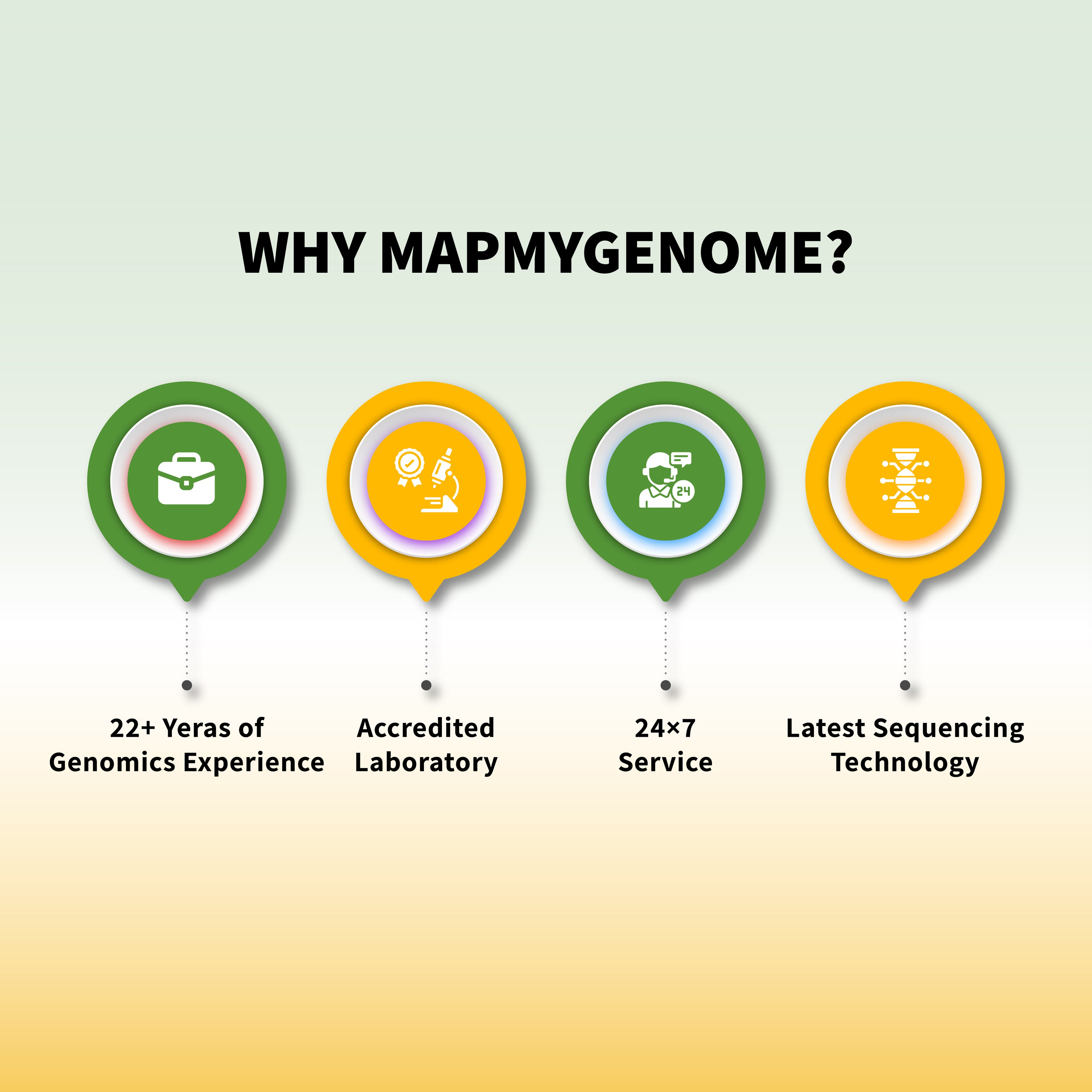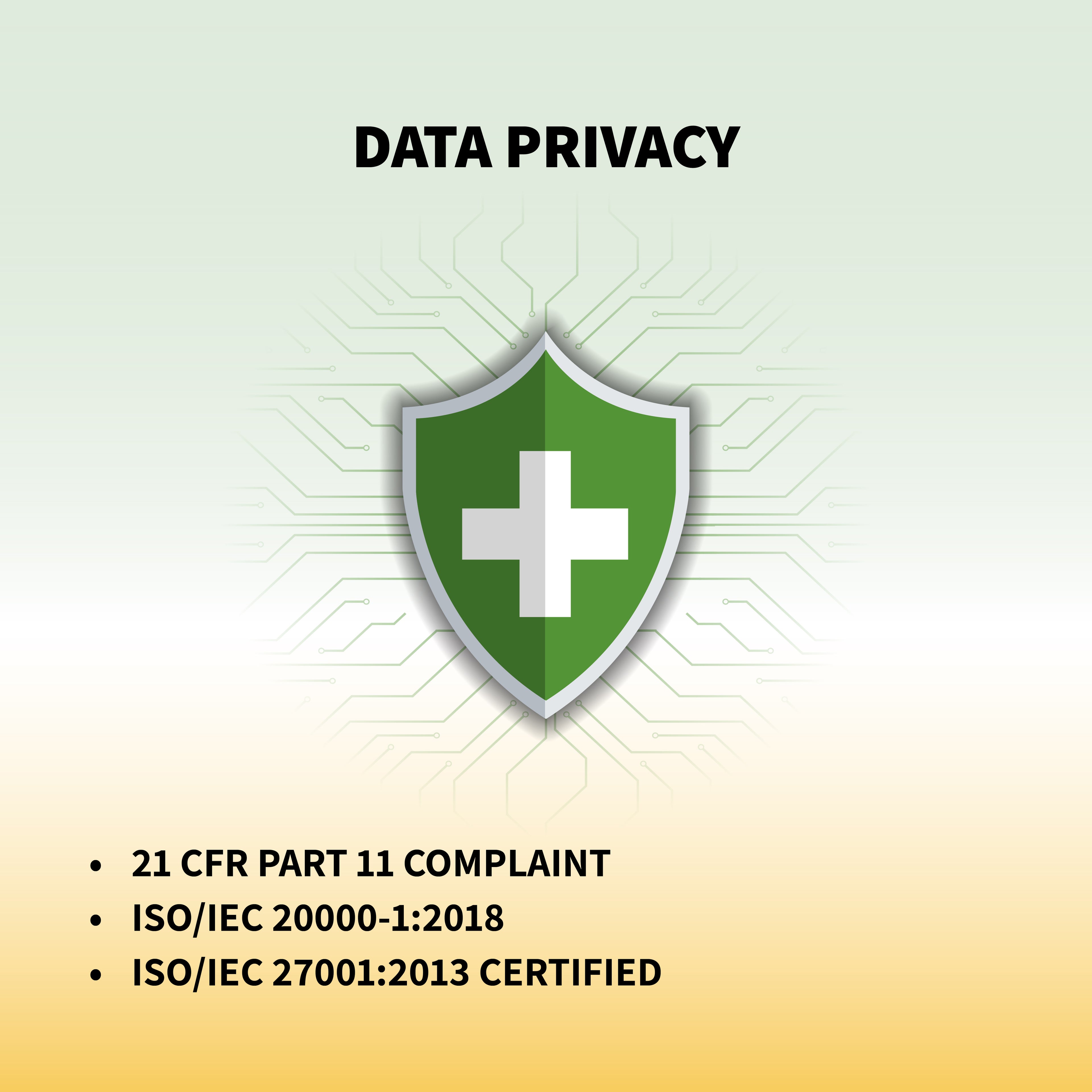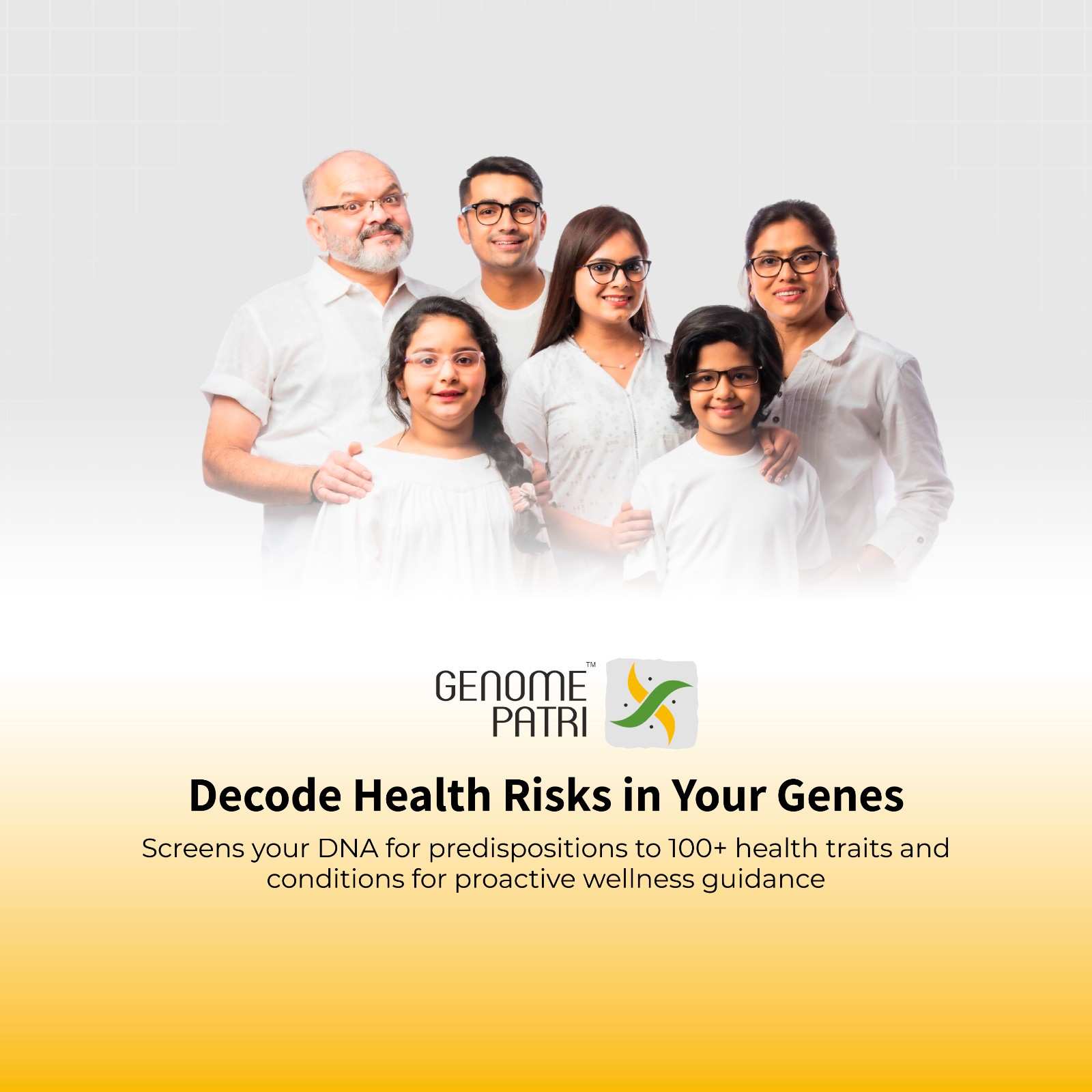Genetic testing has gained significant attention in recent years as a powerful tool for predicting and diagnosing diseases. With advances in DNA technology, we now have the ability to assess a person's genetic code and uncover potential health risks, predispositions, and inherited conditions. But how accurate is genetic testing in predicting diseases? This blog delves into the accuracy of genetic testing, how it works, and what you can expect when considering genetic testing for yourself or your loved ones.
What is Genetic Testing?
Genetic testing involves analyzing an individual’s DNA to identify variations or mutations that could indicate a predisposition to certain health conditions. These tests can range from identifying single gene disorders, like cystic fibrosis, to complex conditions influenced by multiple genes, such as heart disease or cancer.
The accuracy of genetic tests largely depends on the type of test, the quality of the sample, and the technology used. Let's explore how these factors influence the reliability of genetic testing.
How Does Genetic Testing Work?
Genetic testing begins with a sample of blood, saliva, or tissue from the person being tested. This sample is then sent to a laboratory where the DNA is extracted and analyzed for specific genetic variants associated with diseases or conditions.
Depending on the type of test, scientists may look for:
- Single gene mutations: Mutations in a specific gene known to cause disease, such as BRCA1 or BRCA2 for breast cancer.
- Chromosomal abnormalities: Larger changes in chromosomes that may indicate conditions like Down syndrome.
- Polygenic risk scores: These tests look at multiple gene variations to estimate the risk of complex conditions like diabetes or heart disease.
How Accurate is Genetic Testing?
The accuracy of genetic testing can be evaluated in terms of analytical validity, clinical validity, and clinical utility.
-
Analytical Validity
Analytical validity refers to the test’s ability to accurately identify a specific genetic variant. Most genetic tests have high analytical validity, meaning the test is usually correct in identifying the presence or absence of a genetic mutation. For example, tests that look for BRCA1 or BRCA2 mutations, which are linked to an increased risk of breast and ovarian cancer, have an accuracy rate of over 99%. -
Clinical Validity
Clinical validity addresses whether the genetic variant identified is actually associated with a particular disease. In some cases, finding a mutation doesn’t always mean the individual will develop the condition. For instance, having a mutation in the BRCA1 gene significantly raises the risk of breast cancer but doesn’t guarantee that cancer will develop. Therefore, the predictive power of genetic tests varies. Some tests, like those for single gene disorders (e.g., cystic fibrosis), are highly predictive, while others, especially for complex diseases like heart disease or Alzheimer's, provide only a risk estimate. -
Clinical Utility
This refers to whether the test results will be useful in medical decision-making. While a test may accurately predict a risk, it may not always be useful in terms of prevention or treatment. For example, knowing your genetic risk for a disease like Alzheimer's may not change the available treatment options. However, in other cases, such as knowing you carry the BRCA mutation, this information could lead to preventive measures like more frequent screenings or even surgery.
Types of Genetic Tests and Their Accuracy
Different types of genetic tests offer varying levels of accuracy depending on the condition they are designed to predict. Below are common types of genetic tests and a breakdown of their accuracy:
-
Diagnostic Genetic Testing
Diagnostic genetic testing is often used when a person has symptoms of a specific disease, and the goal is to confirm the diagnosis. These tests are usually highly accurate. For example, diagnostic tests for single-gene disorders like Huntington’s disease or cystic fibrosis are over 99% accurate in determining if the person has the disease-causing mutation. -
Predictive and Presymptomatic Testing
Predictive tests are used to assess the risk of developing a disease in the future. These tests can be quite accurate when testing for diseases caused by a single gene, like Huntington’s disease, where the presence of the mutation almost certainly means the person will develop the disease. However, for complex diseases like diabetes or heart disease, the tests are less predictive since lifestyle and environmental factors also play significant roles. -
Carrier Testing
Carrier testing is used to determine if a person carries a mutation that could be passed on to their children, potentially leading to genetic disorders such as Tay-Sachs disease or sickle cell anemia. These tests are generally very accurate for identifying carriers of specific genetic conditions. -
Prenatal Testing
Prenatal genetic tests, such as non-invasive prenatal testing (NIPT), analyze fetal DNA to detect chromosomal abnormalities like Down syndrome. NIPT is highly accurate, with detection rates above 99% for Down syndrome and other trisomies. -
Polygenic Risk Scores
These tests evaluate multiple gene variants to estimate an individual’s risk of developing complex diseases like heart disease or cancer. While these tests can provide valuable insights, they are less precise compared to single-gene tests. A person with a high polygenic risk score for heart disease, for example, is more likely to develop the condition, but other factors, including diet, exercise, and lifestyle, also play a crucial role in determining risk.
Limitations of Genetic Testing Accuracy
While genetic testing has come a long way, it is important to understand its limitations:
- Environmental Factors: Genes are not the only determinants of disease risk. Lifestyle and environmental factors, such as diet, exercise, and exposure to toxins, significantly influence whether a person will develop a condition.
- Incomplete Knowledge: For many diseases, our understanding of the genetics involved is still incomplete. As research advances, we may discover new genetic mutations associated with certain conditions, but for now, there are still gaps in knowledge.
- Variants of Uncertain Significance: Sometimes, genetic tests identify mutations whose significance is unknown. These are called “variants of uncertain significance” (VUS), and they can complicate decision-making.
How to Use Genetic Testing Effectively
Genetic testing can be an effective tool for managing your health, but it's important to approach it with realistic expectations. Here are some ways to get the most out of genetic testing:
- Consult a Genetic Counselor: Before taking a test, speak with a genetic counselor who can explain the potential results and what they mean for you.
- Understand the Limitations: Remember that most genetic tests offer insights into risk, not certainty. Your lifestyle and environment will also play crucial roles in your overall health.
- Use the Information Wisely: If your test reveals a genetic predisposition to a certain condition, you can use that information to make informed decisions about your health, such as lifestyle changes or more frequent screenings.
Conclusion
Genetic testing is a powerful tool for assessing disease risk, but its accuracy varies depending on the type of test and the condition being tested for. While some tests are highly accurate in predicting certain genetic disorders, others provide estimates of risk based on multiple factors. By understanding the limitations and potential of genetic testing, individuals can use the information to make informed decisions about their health and future.
If you're considering genetic testing to predict disease risk, it's crucial to consult with a healthcare professional to understand the implications fully. Genetic testing may not provide all the answers, but it can certainly offer valuable insights into your health.


